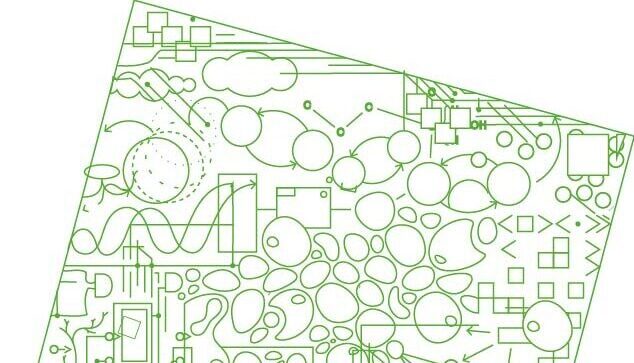
- This event has passed.
Complexity – From Natural and Social Sciences to Artificial Intelligence – Klaus Mainzer

“Complexity – From Natural and Social Sciences to Artificial Intelligence” – Klaus Mainzer (TU Munich).
Abstract:
According to several prominent authors, including Stephen Hawking, a main part of 21st century science will be on complexity research. The intuitive idea is that global patterns and structures emerge from locally interacting elements like atoms in laser beams, molecules in chemical reactions, proteins in cells, cells in organs, neurons in brains, transistors in electronic systems etc. (Mainzer 2007). Complex pattern formation has been reported from many disciplines (e.g., physics, chemistry, biology, brain research, engineering). The causes of complex pattern formation have been analyzed from various perspectives such as Schrödinger’s (1948) order from disorder, Prigogine’s (1980) dissipative structure, Haken’s (1983) synergetics, Langton’s (1990) edge of chaos etc. But concepts of complexity are often based on examples or metaphors only. We argue for a mathematically precise and rigorous definition of local activity as the cause of complex pattern formation which can be tested in natural as well as technical sciences by constructive methods.
Recently, these results of complexity research have become important for machine learning of AI (artificial intelligence) systems (e.g., neural networks, cognitive AI-systems, robots). Instead of complex pattern formation in nature, complex pattern recognition of AI-systems is considered which is modeled in statistical learning theory. But statistical correlations of data cannot replace causal explanations of events. Algorithms of causal learning are necessary to detect causal models behind the statistical distributions of data. Causal learning would be a first step from weak AI with probabilistic learning to strong AI.
References: K. Mainzer, Thinking in Complexity, Springer: Berlin 5th edition 2007; K. Mainzer/L. Chua, Local Activity Principle. The Cause of Complexity, World Scientific Singapore 2013; K. Mainzer, Artificial Intelligence. When do Machines take over? Springer: Berlin 2nd edition 2019; K. Mainzer/ R. Kahle, Grenzen der Künstlichen Intelligenz – theoretisch, praktisch, ethisch, Springer. Berlin 2022.
Klaus Mainzer is professor emeritus at the Technical University Munich of the School of Social Sciences and Technology. While obtaining a PhD in the philosophy of the basics of mathematics, more precisely constructive and algorithmically grounded procedures, he habilitated on their application in geometry and physics. He is a member of The Academy of Europe (Academy Europaea)/London, the European Academy of Science and Arts, the German Academy of Science of Technology, president of the German-Japanese Society for Integrative Science and board member of the Udo Keller Stiftung (Hamburg). From the vantage point of contemplating the computability of the world, he works as a science philosopher of the foundations and future perspectives of science and technology and as a complexity researcher focussed on complex systems in nature, technology, economy and society, as well as the foundations of AI and Big Data. His research seeks for constructively founded solutions, methods and evidentiary procedures which allow to control the algorithmization and digitalization of technology and society.
This event is part of our summer semester 2023 lecture series “Complexity“.

